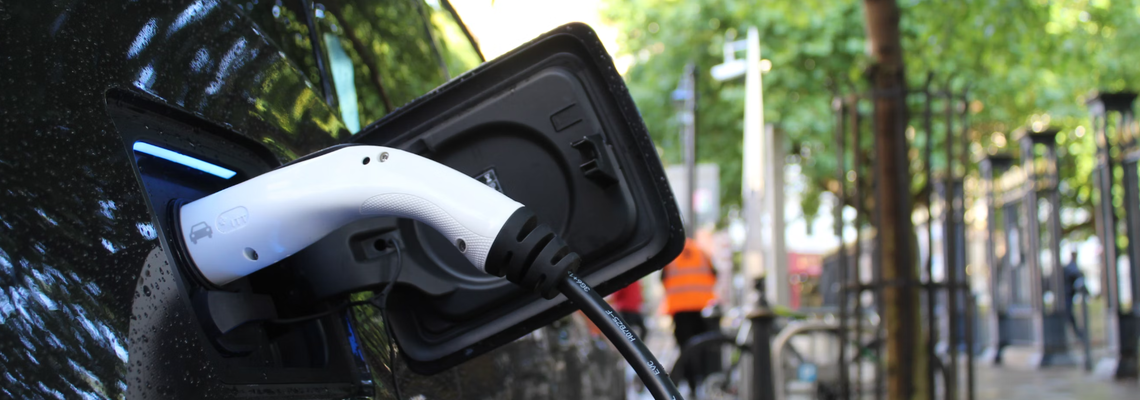
Electric car shock: German government cancels electric premium
The recent cancellation of the environmental bonus for electric cars is causing a stir. Sales of electric cars have already plummeted in a very short space of time. The German government is thus jeopardising air quality. Do we now have to expect more environmental zones?
The recent decision by the German government to cancel the environmental bonus for electric cars has not only caused uproar in the car industry and buyers, but also raises serious questions about the impact on environmental zones and air quality.
The environmental bonus was a major incentive for many people to switch to low-emission electric vehicles. It offered financial compensation for the often higher purchase costs of electric cars, while at the same time helping to reduce greenhouse gas emissions. But what happens now that this bonus is no longer available?
Since the premium was cancelled, many car dealers have seen a sharp drop in demand for electric vehicles. This could have a serious impact on air quality, especially in urban areas where the concentration of combustion vehicles is highest. The reduction in the number of electric cars on the road could lead to an increase in pollutant emissions, which in turn could have health implications for the population.
In addition, the effects of the cancellation of the premium could also be felt in the low emission zones. These zones were set up to reduce air pollution in densely populated areas. They often rely on low-emission vehicles such as electric cars to achieve their targets. Without the financial incentive of the green bonus, fewer people may be encouraged to buy environmentally friendly vehicles, which could undermine efforts to improve air quality in these zones. This could lead to the need to reintroduce more low emission zones in German cities.
All is not lost, however. Some car dealers believe that the removal of the premium could lead to a drop in the price of e-cars to boost demand again. This could in turn make the used car market more attractive and lead to an increase in sales.
What is certain is that the decision to cancel the e-car subsidy will have far-reaching effects - not only on the car industry and buyers, but also on our environment and health. It is to be hoped that alternative support measures will be found to maintain the demand for low-emission vehicles and keep our air clean.
